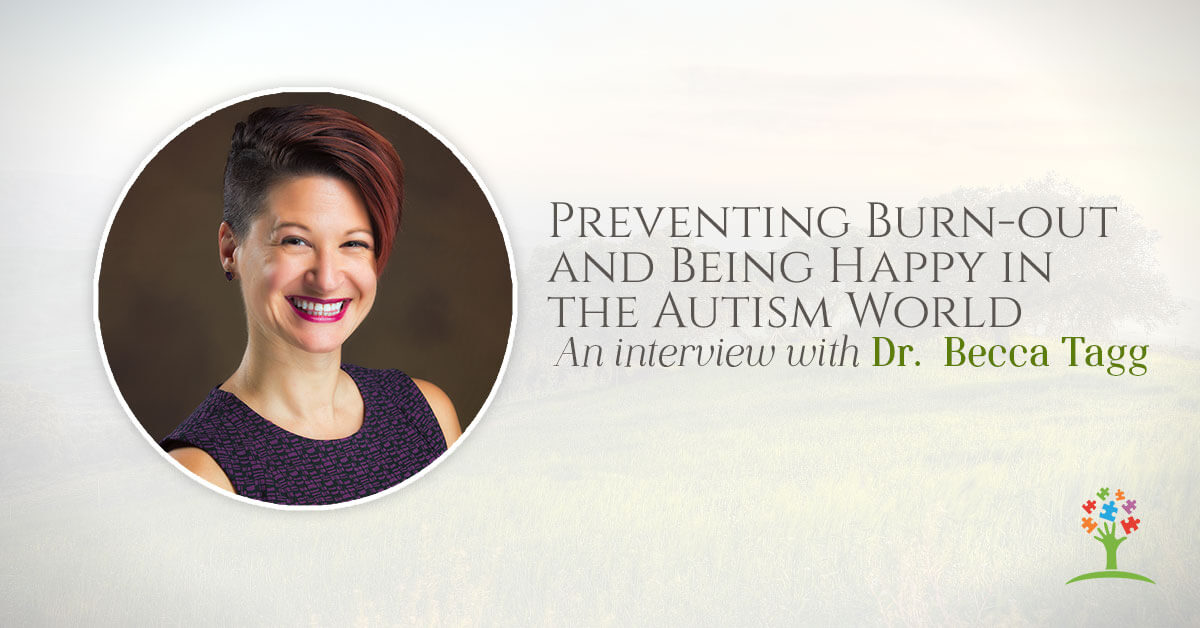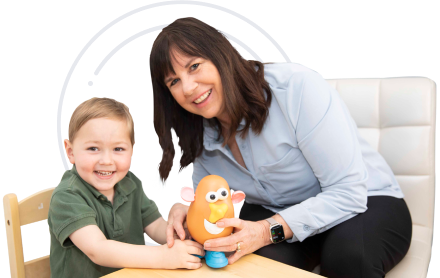Dr. Becca Tagg: Burnout Prevention and Being Happy in the Autism World

Want to Learn how to Increase Talking & Decrease Tantrums in Children with Autism or Toddlers Showing Signs?
Want to start making a difference for your child or clients?

Self-care is important no matter who you are, but if you’re a parent or a professional in the stressful world of autism, self-care becomes vital. Dr. Becca Tagg has experienced her own burnout during her career and she can testify that self-care is absolutely necessary in our world. Today I’m talking about burnout prevention in the autism world.
Dr. Tagg immediately fell in love with her career, not because it was easy, but because it was “wonderfully” messy. She thrived off of the creative problem solving and the out-of-the-box solutions. But somewhere along the way she began to feel burnt out and it became hard for her to muster that same enthusiasm towards her job.
Parents and professionals in the autism community just want to help a child lead their happiest, healthiest, safest life; but who is going to make sure that you lead your best life as well?
Dr. Tagg shares her tips for getting healthy and staying in a good headspace. She shares some of her favorite burnout prevention tips, as well as some apps and websites about self-care and self-compassion and reminds us that we are just as important as the children who are so dear to us. To help them succeed, we must first help ourselves.
Subscribe & Review in iTunes